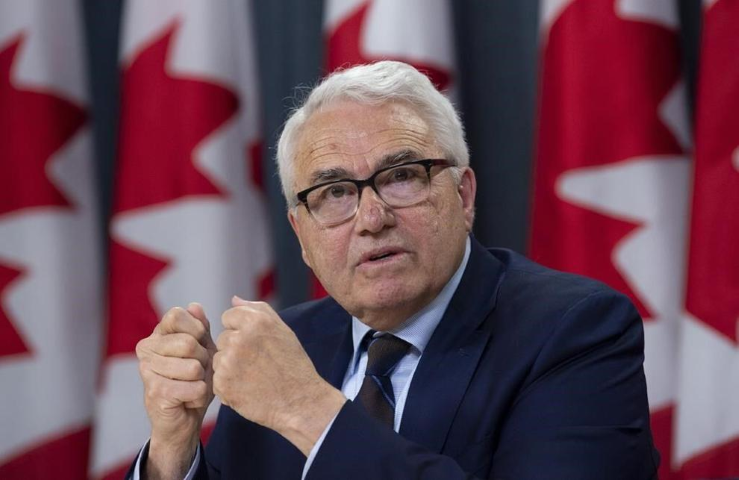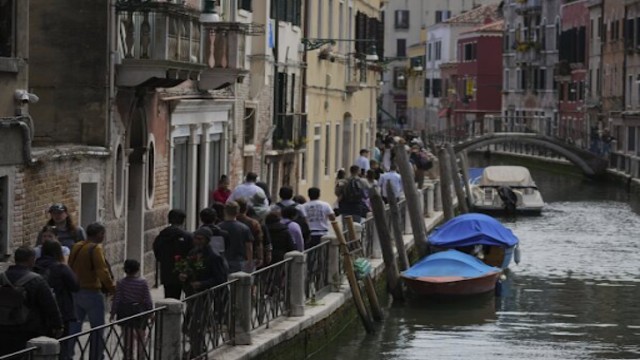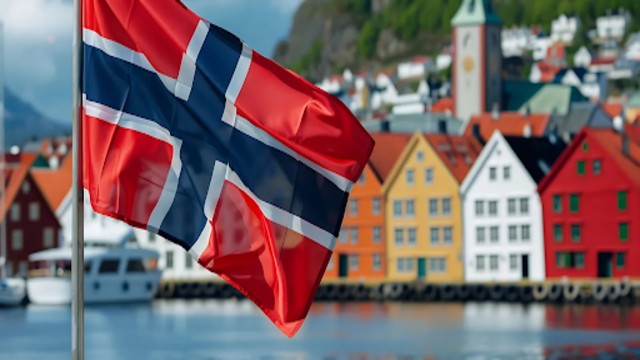
Official Languages Commissioner Raymond Theberge responds to a question during a news conference in Ottawa, Thursda, May 9, 2019. THE CANADIAN PRESS/Adrian Wyld
Canada's official languages commissioner's office has confirmed receiving a complaint from the Association of Colleges and Universities of the Canadian Francophonie regarding Ottawa's limit on study permits for foreign students. The association, representing 22 francophone post-secondary institutions outside Quebec, argues that these institutions should be exempt from the cap due to their significant international student enrollment, accounting for 30% of their total enrollment.
According to Martin Normand, the association's director, the federal government's decision to impose the cap disregards the Official Languages Act. Normand asserts that this legislation mandates Ottawa to avoid actions that harm francophone communities. Additionally, he argues that the cap contradicts the government's policy of increasing francophone immigration outside Quebec.
The complaint, submitted on Monday, is currently under review by the Office of the Commissioner of Official Languages. If deemed admissible, the commissioner will conduct an investigation to determine whether the Official Languages Act has been violated.
The federal government's rationale for reducing the number of international students this year by 35% is attributed to their perceived contribution to the country's housing shortage. However, the association's stance highlights the potential negative impact of such measures on francophone communities and the principles outlined in the Official Languages Act.
The issue at hand underscores the tension between broader policy objectives, such as managing immigration and addressing housing shortages, and the protection of linguistic and cultural rights enshrined in legislation. As Canada strives to balance these competing interests, the outcome of the investigation by the Commissioner of Official Languages will be closely watched by stakeholders involved.
The Association of Colleges and Universities of the Canadian Francophonie's complaint sheds light on the challenges faced by francophone institutions outside Quebec, which play a crucial role in promoting linguistic diversity and cultural exchange. These institutions serve as vital hubs for francophone communities and contribute significantly to Canada's educational landscape.
The outcome of this complaint has broader implications for Canada's approach to linguistic and cultural diversity, particularly in the context of immigration policies and their impact on minority language communities. As the investigation unfolds, it will be imperative for policymakers to consider the principles of linguistic equality and cultural preservation embedded in Canada's legal framework.
Ultimately, the resolution of this dispute will have far-reaching consequences for the rights of francophone communities and the broader framework of language policy in Canada. It will also serve as a litmus test for the government's commitment to upholding linguistic rights and promoting diversity in all facets of Canadian society.















